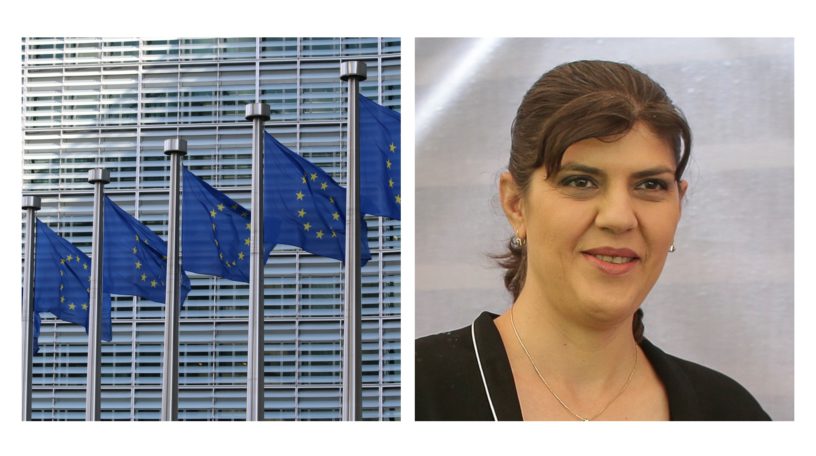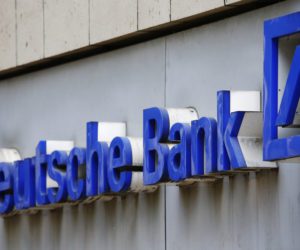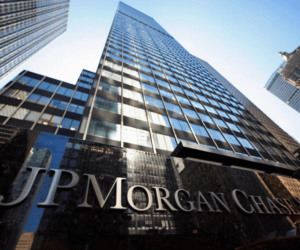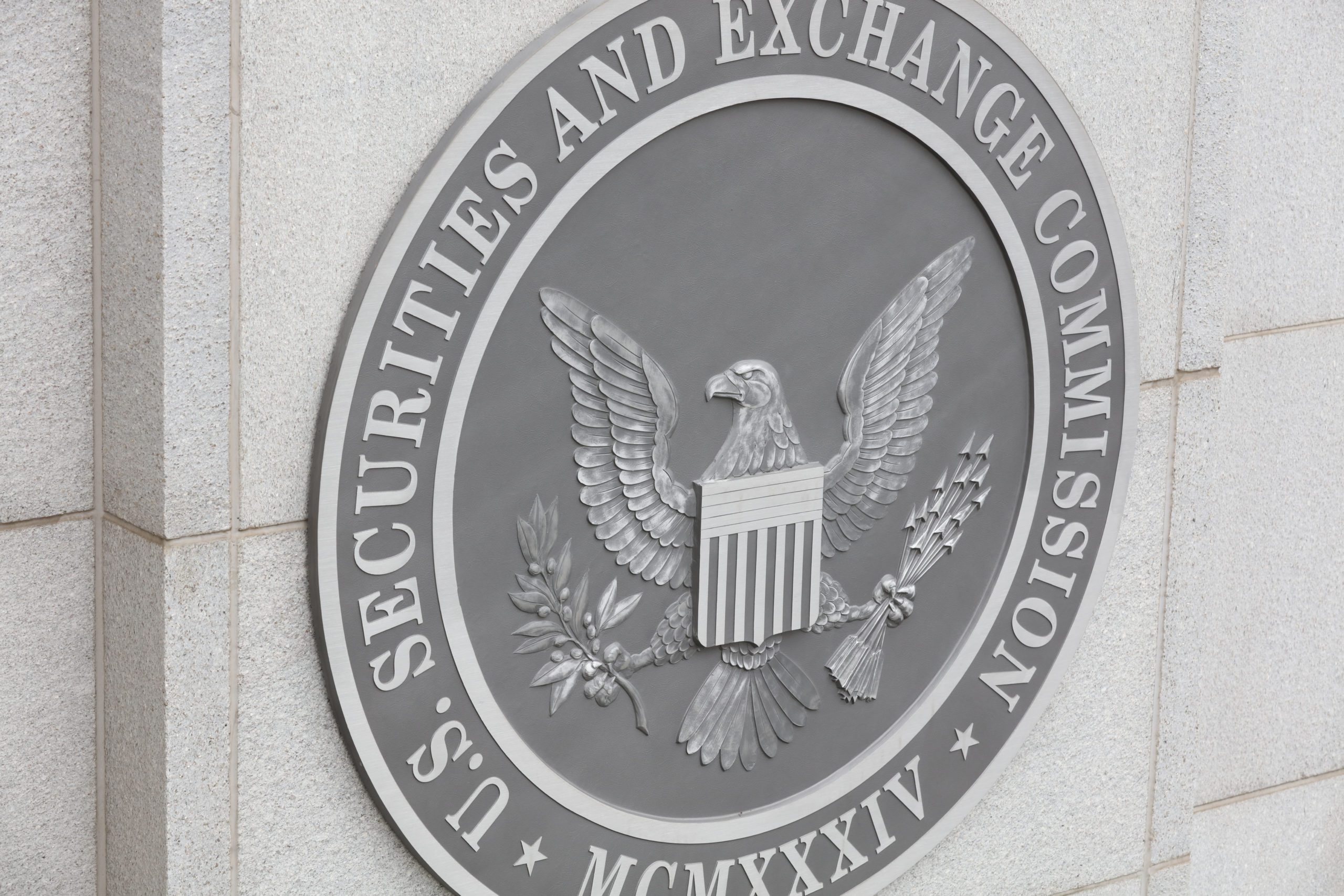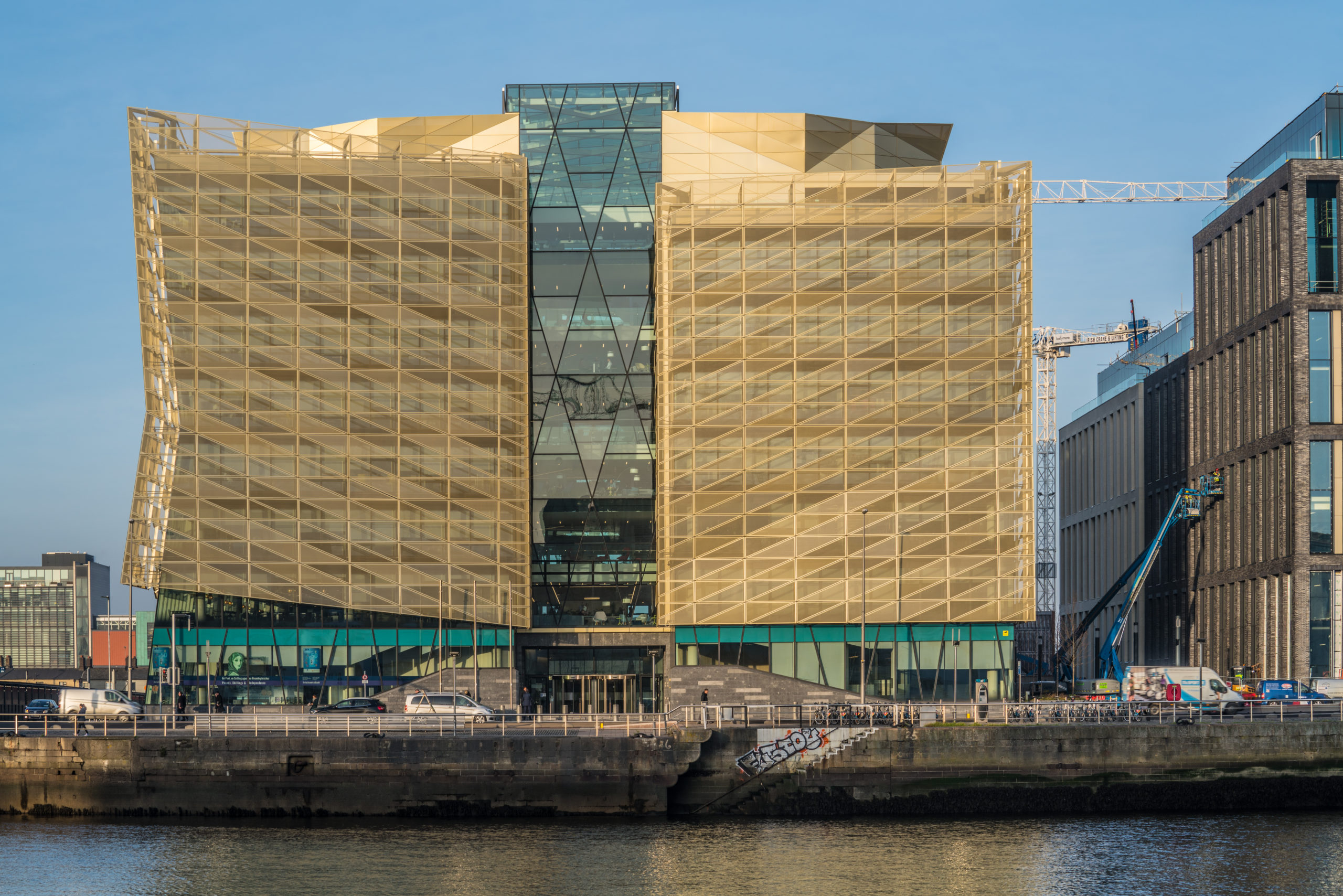By Dan Byrne for AMLi
THE NEW European Public Prosecutors Office (EPPO) is still short much of its key staff as well as €18 million in funding, despite frequent calls for help from senior figures.
Separately however, she re-affirmed the EPPO’s commitment to investigate any financial fraud against the EU for amounts greater than €10,000.
Laura Kövesi, formerly a chief prosecutor in Romania, was appointed to lead the EPPO in 2019.
“As a European chief prosecutor, my job is to be sure that I take all the administrative and organisational measures necessary,” she told N1 Monday. “I’ll deal with financial fraud, corruption, white-collar crimes.”
It’s a huge responsibility. And it’s a huge challenge because we have to find a common answer for 22 different judicial systems in Europe,” she added.
The EPPO is a new venture – formed to combat financial crime on a European level. It is due to become fully operational in 2021 after several delays, but the office is still short on the resources it needs to meet its current goals, according to Kövesi.
Speaking with OCCRP, she said that even though past calls for help to the European Commission have been partially answered, it has not been enough.
“After I first raised my concerns, they did raise our budget to €30 million, but we’re still short the €18 million euro we need to start in the proper way, such that our activity will not be effectively halted within just one or two months.”
The EPPO is intended to overcome one of the most common frustrations to European AML efforts: borders.
Its mandate to work across the entire EU eliminates previous restrictions that prosecutors could only work in their own-member state or go through lengthy red-tape avenues to get foreign cooperation.
“Until now, the procedures in place have been very time-consuming, and such investigations can often take two or three years. In the meantime, suspects can disappear, taking the money with them,” Kövesi said.
The EPPO originally had clearance to begin operations on 20th November and was to be fully functional this month. However, the delays have not just been due to shortages of funding.
EPPO AML Prosecutor Danilo Ceccarelli previously told AMLi that most setbacks were external factors like COVID-19.
He also advised that much of the initial work was up to the member states to complete, such as finding local prosecutors for boots-on-the-ground work.
At the time of that interview in late October, only two of 27 EU member states had proposed candidates for these roles.
“But the reason why is complex,” Ceccarelli told AMLi. “It’s not only COVID-19. Each state needs to find an office, buy computers, recruit personnel. The delays we have felt at the EPPO have also been felt by the member states.”
Share this on:
Follow us on:

